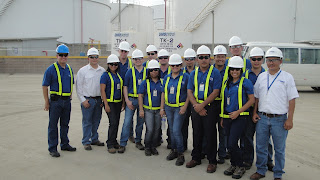Artificial or Human Intelligence?

LEARNING BY TRAINING By Arend van Campen SHRINKING THE TECHNOSPHERE I hope that Dmitry Orlov won’t mind that I am borrowing the title of his book, but I wanted to express similar ideas and suggestions that he made in this amazing book. While 5G and other IT apps, drones and cameras may seem to simplify and speed up our lives, they also raise genuine concerns on dependency on the Grid, on electricity, power and on various rare earth materials such as coltan, lithium and cassiterite. What it means in my view is that we may be eroding skills and interfering with the usual learning process of human beings. We could end up with a society where people can only do what a manual tells them to do. When decision-making is outsourced to automated systems, algorithms or blockchain technology, human awareness, knowledge or skills may become obsolete, perhaps reduced to his or her ability to switch on a system only, without being able to switch it off again. I am te...




